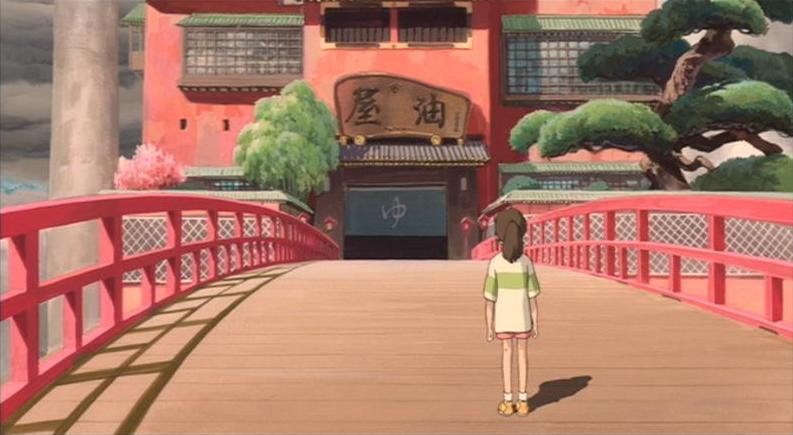

 |
 |
| Photo © 2001 Studio Ghibli / © 2002 Walt Disney Pictures |
| Academy Award Nominations and Winners: | |
| ★ | Best Animated Feature |
| Other Awards: | |
| Berlin Film Festival: Golden Bear (Best Picture; tie) | |
| New York Film Critics Circle: Best Animated Feature | |
| Los Angeles Film Critics Association: Best Animated Feature | |
| Boston Society of Film Critics: Special Award for Animation | |
| National Board of Review: Best Animated Feature | |
| Satellite Awards: Best Picture (Animated/Mixed Media) | |
| Permalink | Home | 2002 | ABC | Blog |